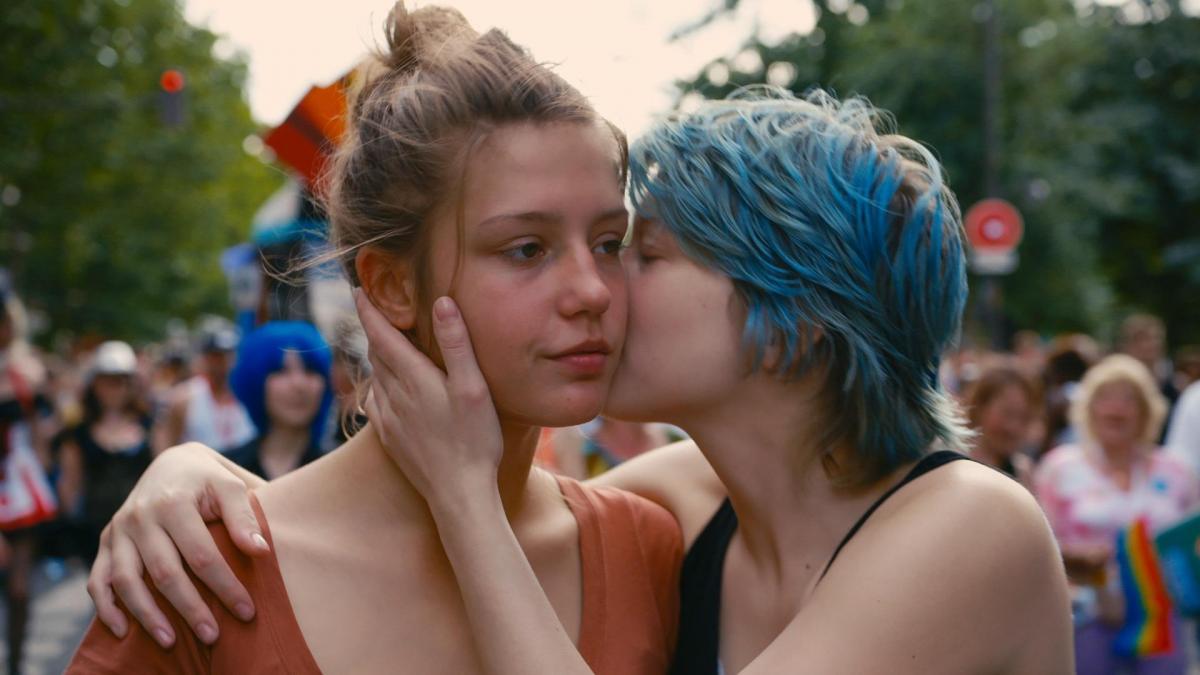LGBTQIA+CINEMA!
Last week, Hungary’s parliament passed a bill for the supposed protection of minors against the “promotion of homosexuality”. Prime Minister Viktor Orbán’s Fidesz party modelled the legislation on similar ones in Russia and Poland. Its aim is to prevent minors encountering material related LGBTQIA+ couples or persons. Various “visual actions”, from hanging out a rainbow flag to broadcasting a show with LGBTQIA+ characters, could become illegal from now on. The law would impact advertising and education programs, but its consequences on visual culture in general will be immense. The prohibition to “promote” LGBTQIA+ people to minors, will render television series and films including homosexual characters or rainbow flag impossible to screen before ten in the evening. Advertising campaigns featuring LGBTQIA+ people will also be banned from now on.
Many commentators have pointed out that both filmmakers and films should not be reduced to a particular region of film history for their portrayal of LGBTQIA+ relationships. An anecdote circulates about Chantal Akerman refusing to have her films shown in festivals that adhered to an exclusive focus on homosexuality, regarding such “separatism” as ghettoising and negative in its effects. “Each time I was asked to present my film in a gay festival I said no. I don’t want to take part in gay or women’s festivals. I don’t want to take part in Jewish festivals; I just want to take part in regular festivals.” Akerman might have been producing neither “feminist” or “lesbian” cinema, but her own. Yet she would have undoubtedly opposed the current legislation and its effects on Hungary’s visual culture. Following these worrying reports of censorship, Sabzian would like to highlight some important films where homosexual or queer relationships takes centre stage.
Mädchen in Uniform (Leontine Sagan, 1931)
Un chant d’amour (Jean Genet, 1950)
The Children’s Hour (William Wyler, 1962)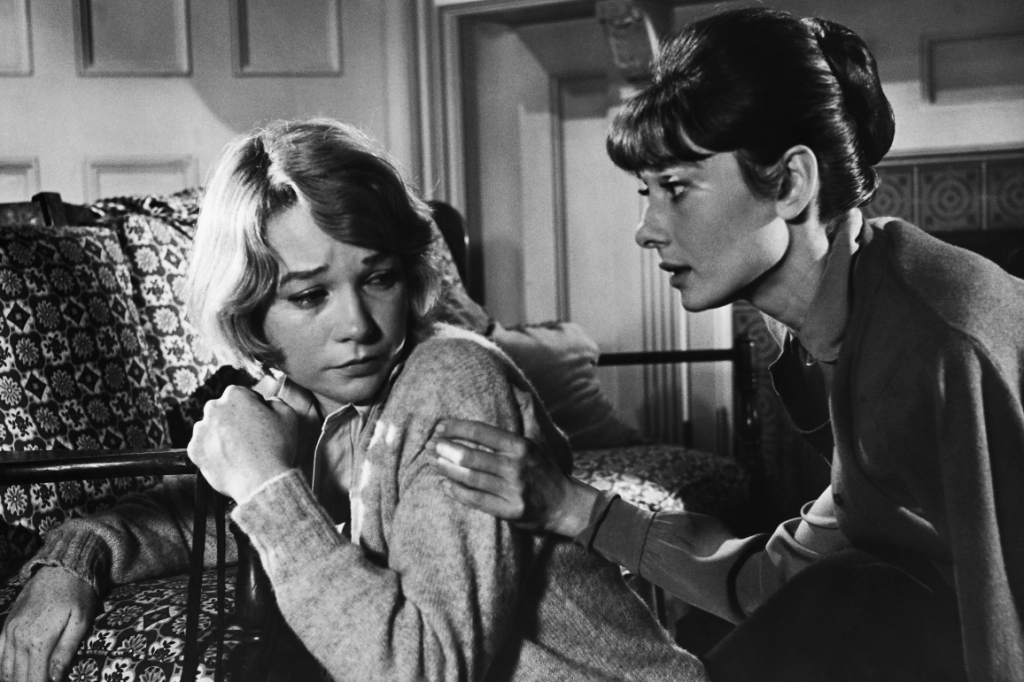
Scorpio Rising (Kenneth Anger, 1963)
Portrait of Jason (Shirley Clarke, 1967)
Fellini Satyricon (Federico Fellini, 1969)
Pink Narcissus (James Bidgood, 1971)
Die bitteren Tränen der Petra von Kant (Rainer Werner Fassbinder, 1972)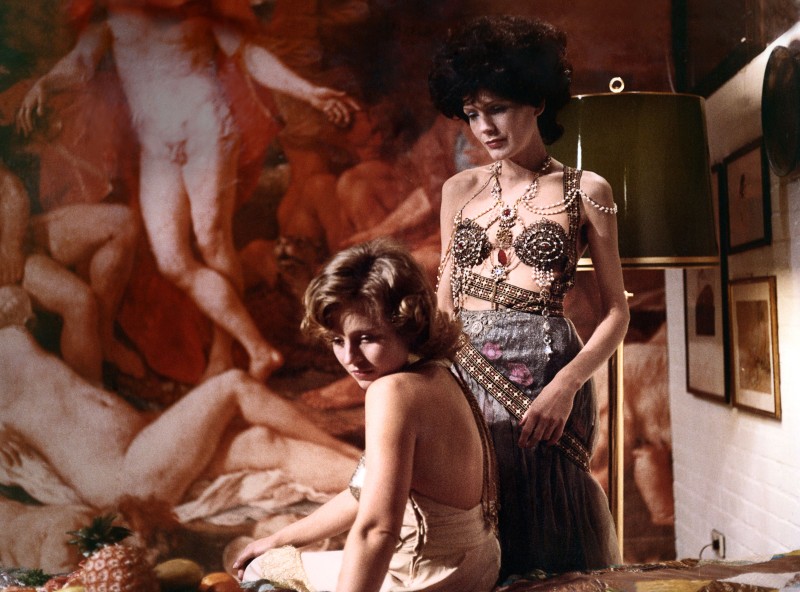
Je, tu, il, elle (Chantal Akerman, 1974)
Faustrecht der Freiheit (Rainer Werner Fassbinder, 1975)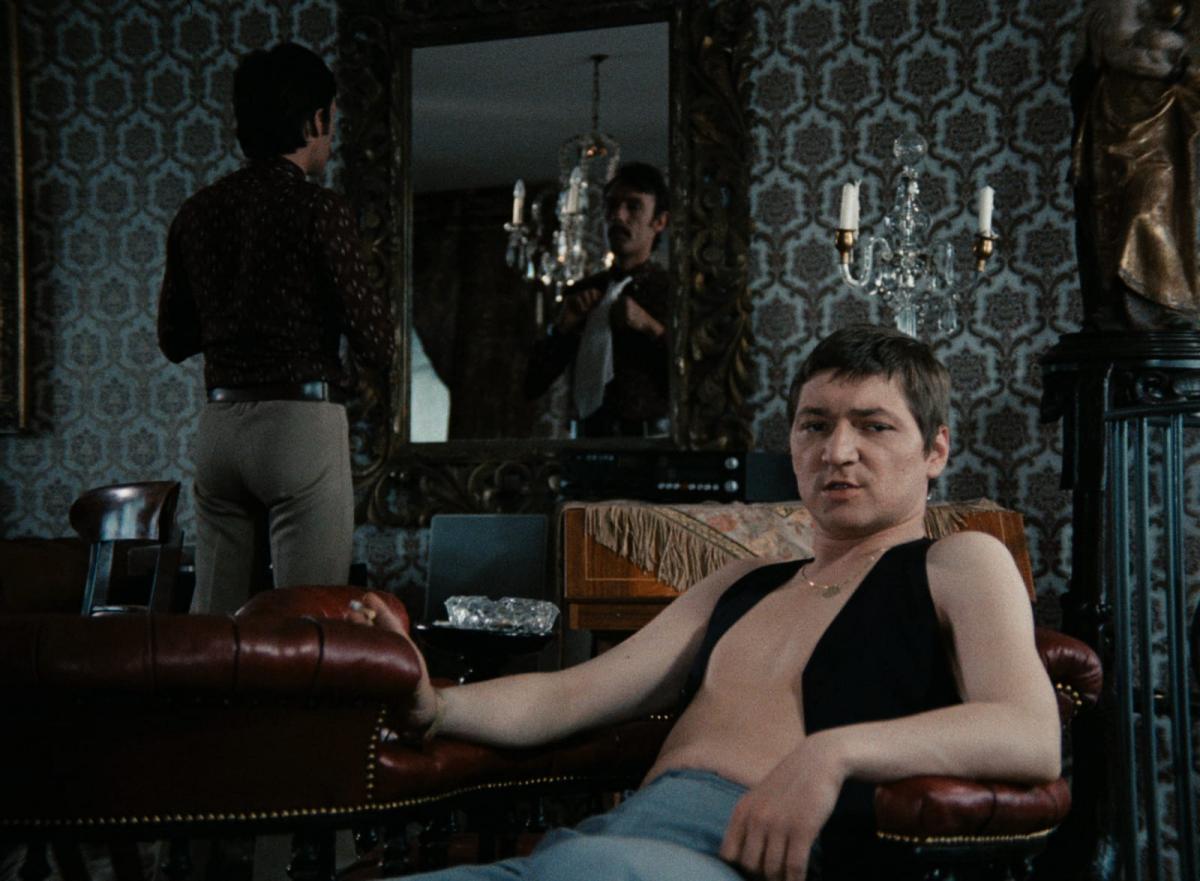
The Terence Davies Trilogy (Terence Davis, 1976-1983)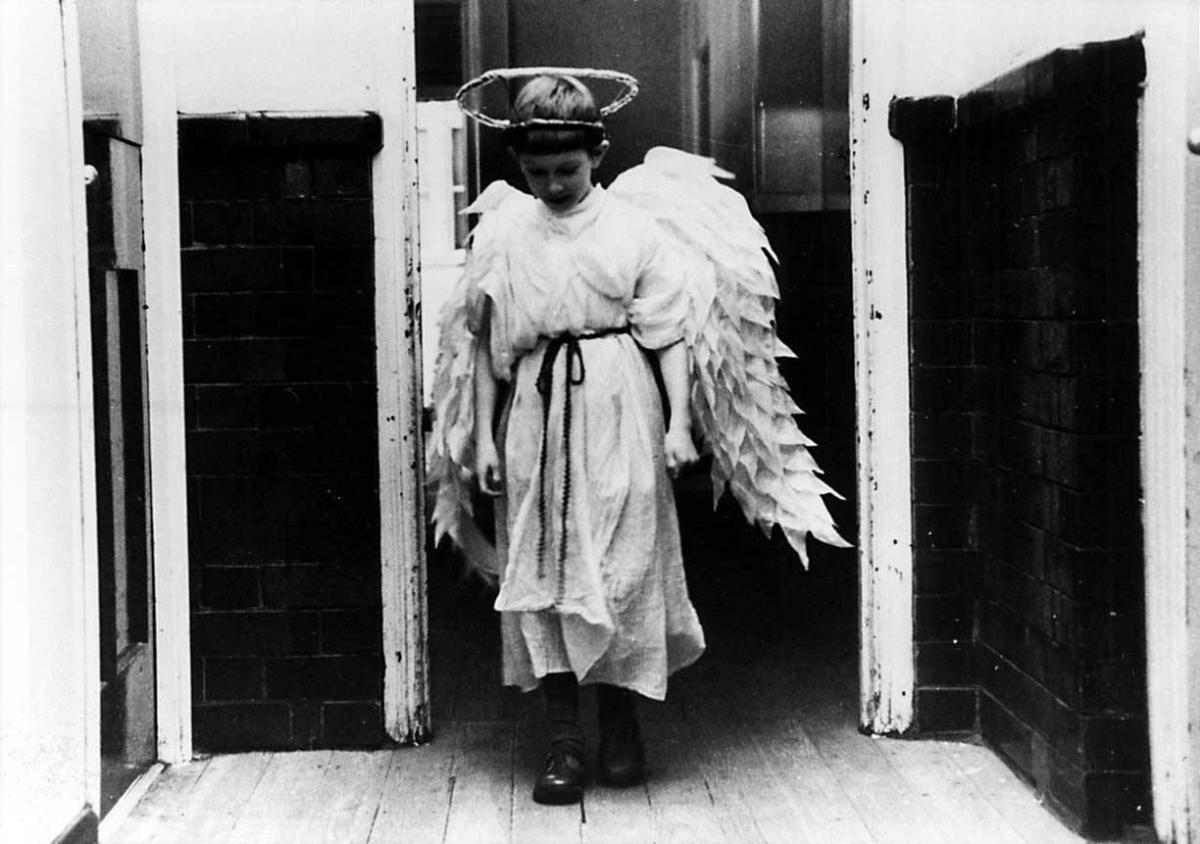
Les rendez-vous d’Anna (Chantal Akerman, 1978)
Querelle (Rainer Werner Fassbinder, 1982)
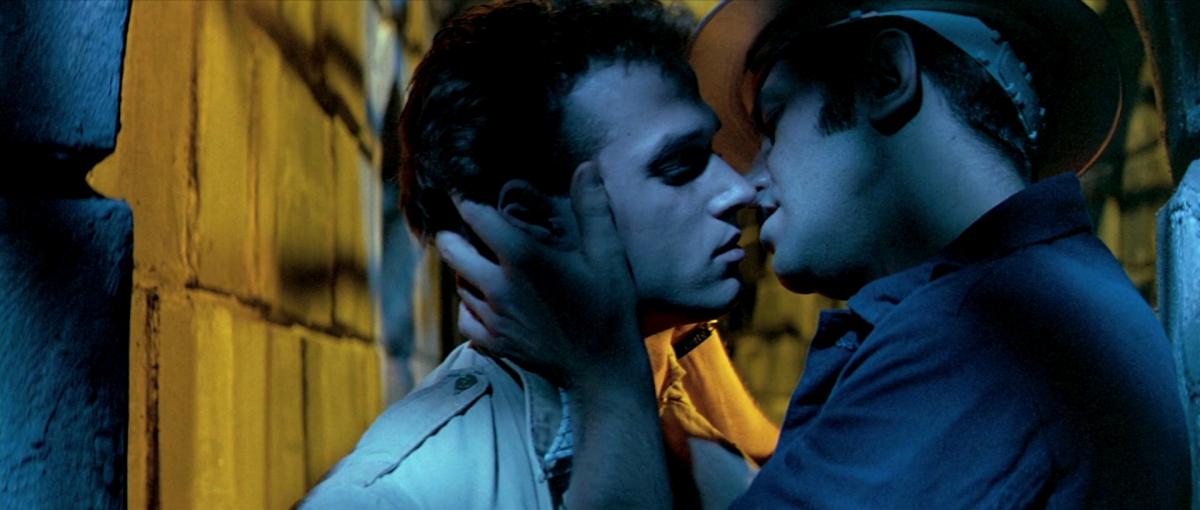
Pink Ulysses (Eric de Kuyper, 1990)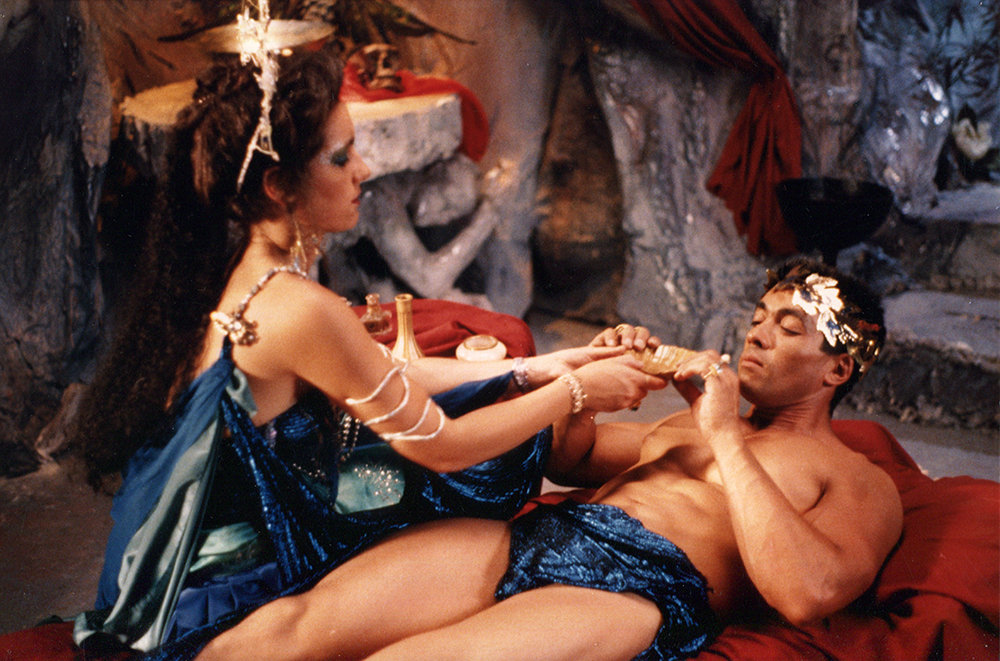
My Own Private Idaho (Gus Van Sant, 1991)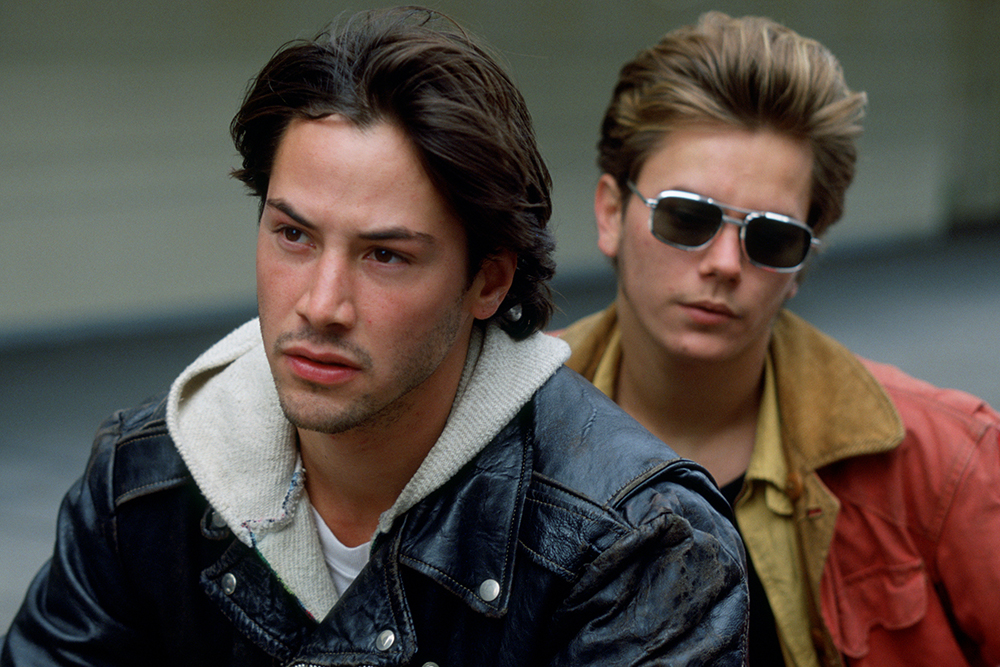
Edward II (Derek Jarman, 1991)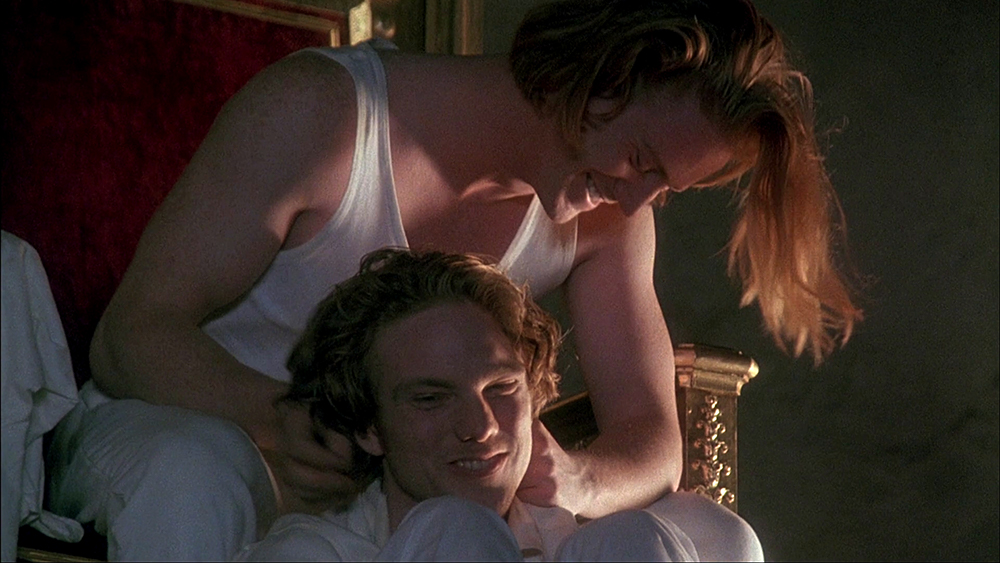
Bound (Lana and Lilly Wachowski, 1996)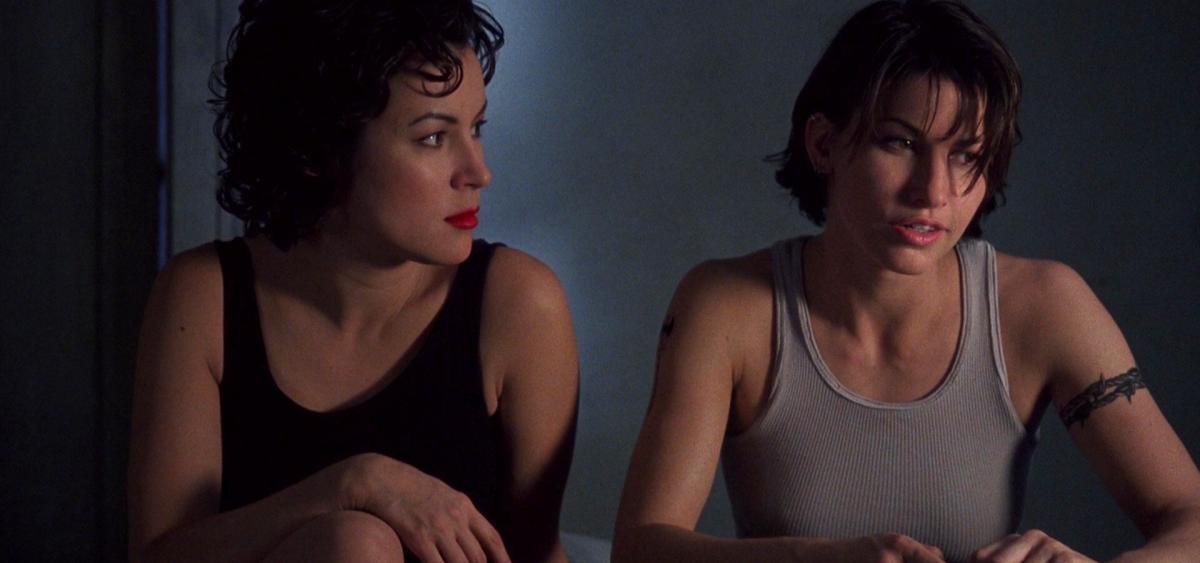
Chun gwong cha sit [Happy Together] (Wong Kar-Wai, 1997)![Chun gwong cha sit [Happy Together] (Wong Kar-Wai, 1997) Chun gwong cha sit [Happy Together] (Wong Kar-Wai, 1997)](/sites/default/files/Kar-Wai_Wong%201997%20Chun%20gwong%20cha%20sit%20%5BHappy%20Together%5D_00001.jpg)
Todo sobre mi madre [All About My Mother] (1999, Pedro Almodovar)![Todo sobre mi madre [All About My Mother] (1999, Pedro Almodovar) Todo sobre mi madre [All About My Mother] (1999, Pedro Almodovar)](/sites/default/files/GnvxVVMMMMM.jpg)
Sud pralad [Tropical Malady] (Apichatpong Weerasethakul, 2004)![Sud pralad [Tropical Malady] (Apichatpong Weerasethakul, 2004) Sud pralad [Tropical Malady] (Apichatpong Weerasethakul, 2004)](/sites/default/files/4-tm.pavilion.01.jpg)
The Watermelon Woman (Cheryl Dunye, 1996)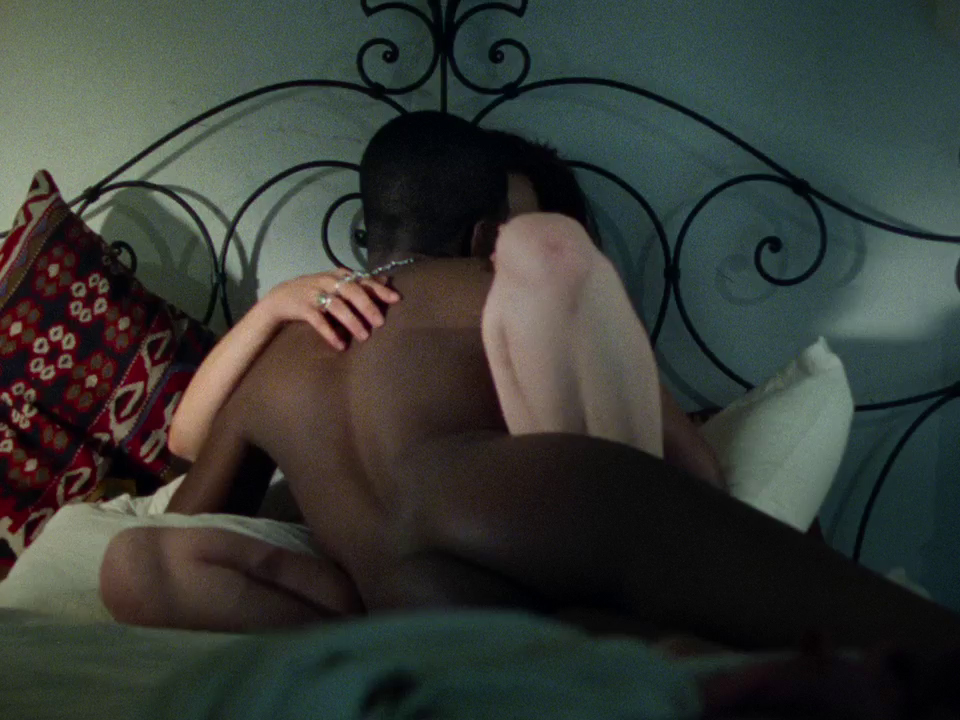
Gohatto [Taboo] (Nagisa Ôshima, 1999)![Gohatto [Taboo] (Nagisa Ôshima, 1999) Gohatto [Taboo] (Nagisa Ôshima, 1999)](/sites/default/files/image_1830630.jpg)
L’inconnu du lac (Alain Guiraudie, 2013)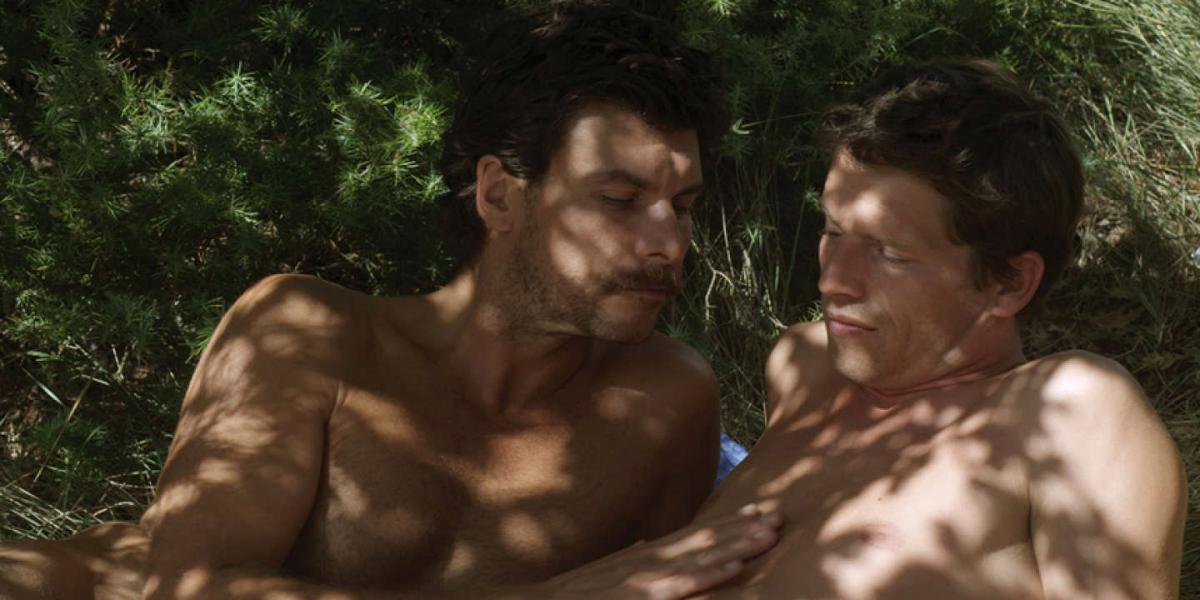
La vie d’Adèle (Abdellatif Kechiche, 2013)